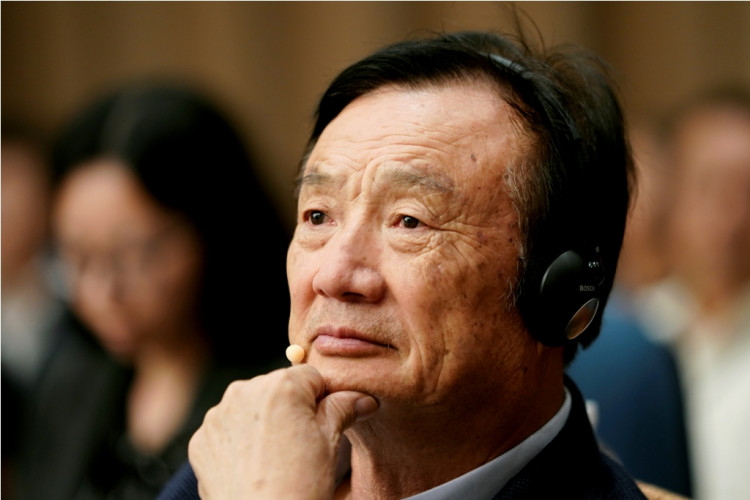U.S. President Donald Trump's government finally eased up on its Huawei ban that shook China's biggest tech firm. However, the administration's history of uncertain decision-making behavior triggered a widespread "silent defense" from Beijing and the company.
Trump said at the G20 Summit late last month that he will allow American firms to sell components to Huawei.
However, he did not provide further details about the extent of the reprieve and it appears that the Chinese government is cautious of the Trump administration's latest move.
Huawei did acknowledge Trump's redemption of what could be one of Intel and Micron's biggest tech customers. On the other hand, the Chinese tech behemoth itself appears to be laying low and waiting for more clarity from the White House.
It's not surprising that some tech analysts believe Trump only dropped some words without depth or a lot of meaning in them at the Japan summit. His administration has been going back and forth with decisions it made over the last few years.
Beijing, on the other hand, appears to understand what's going on and is not keeping its hopes up. Huawei may be doing the same and instead of hoping for a clearer reprieve on the way, the firm is focusing on other things it can do.
Industry analysts believe both Huawei and the Chinese government are choosing to stay silent despite Trump's announcement since they know there are no certainties about the reprieve yet.
Last week, industry experts noted that days after Trump announced the ease-up, Washington failed to reveal more details about how U.S. firms can manage business deals with the Chinese 5G leader.
American companies are in a bind, considering that many of the country's tech component firms rely on Huawei for sales. It didn't help that White House top economic adviser Larry Kudlow said the Chinese tech company remains on the U.S. Entity List.
Other experts suggest that Washington may be shifting its focus from Huawei's business practices to 5G technology. Tech experts previously suggested that China is now leading the race towards 5G network applications, with the U.S. behind.
Instead of hurting Huawei's overall business, the White House may now only set its eyes on decapitating China's 5G leader since the U.S. also wants to overtake the rest of the world in this particular tech segment.
Along the lines of China's plight towards 5G dominance is Huawei. The company already has several countries that entrusted their 5G network developments to what could be the world's "breakthrough" firm in terms of this highly anticipated technology.





